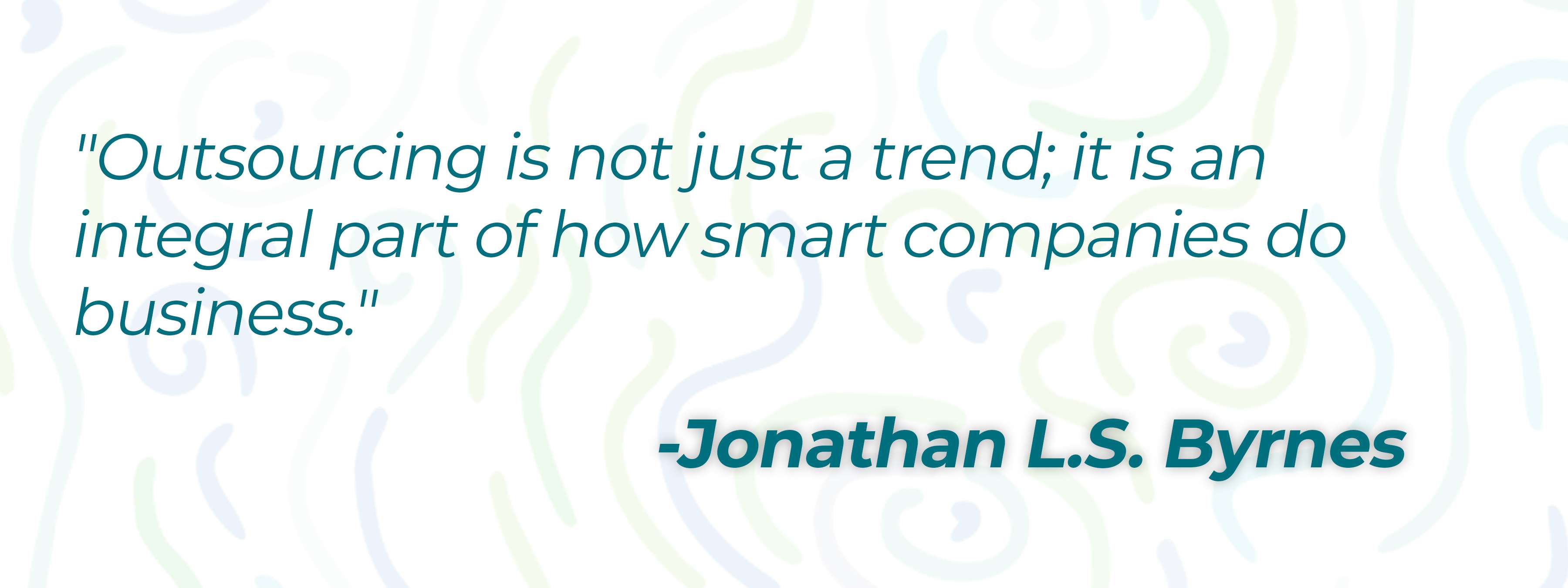AI Impact: The Good, The Bad, and The Future
Artificial Intelligence (AI) is revolutionizing the outsourcing and Business Process Outsourcing (BPO) industries, offering numerous benefits while also posing certain challenges. Here’s a look at the impact in the world, advantages, and potential drawbacks, along with what we can expect in the coming years.
The Impact of AI
AI is everywhere—from virtual assistants like Siri and Alexa to more advanced applications in healthcare, finance, and education. It helps businesses optimize operations, improve customer service, and innovate faster. In healthcare, AI aids in diagnostics, treatment planning, and personalized medicine, while in finance, it enhances fraud detection and algorithmic trading.
Pros of AI
Data Analysis
AI can analyze vast amounts of data quickly, uncovering insights that humans might miss.
Personalization
From targeted ads to personalized learning, AI tailors experiences to individual preferences, enhancing user satisfaction.
Innovation
AI drives innovation across industries, leading to new products, services, and business models.
Increased Efficiency
AI can handle high-volume, repetitive tasks such as data entry and processing more quickly and accurately than human workers. This boosts overall efficiency and reduces turnaround times.
Cons of AI
Job Displacement
Automation can lead to job losses in certain sectors, raising concerns about employment and income inequality.
Dependence on Technology
Over-reliance on AI systems can make BPOs vulnerable to technical failures and cyber-attacks, potentially disrupting services.
Bias and Fairness
AI systems can perpetuate biases present in their training data, leading to unfair outcomes.

In the next few years, AI is expected to further enhance the capabilities of outsourcing and BPO companies. We can anticipate advancements in AI-driven healthcare, with more accurate diagnostics and personalized treatments. Autonomous vehicles will likely become more common, revolutionizing transportation. Moreover, AI will continue to enhance business processes, leading to smarter decision-making and increased productivity.
However, it’s crucial to address the challenges associated with AI, such as ensuring ethical use, protecting privacy, and preparing the workforce for changes. By doing so, we can harness AI’s potential while mitigating its risks.













